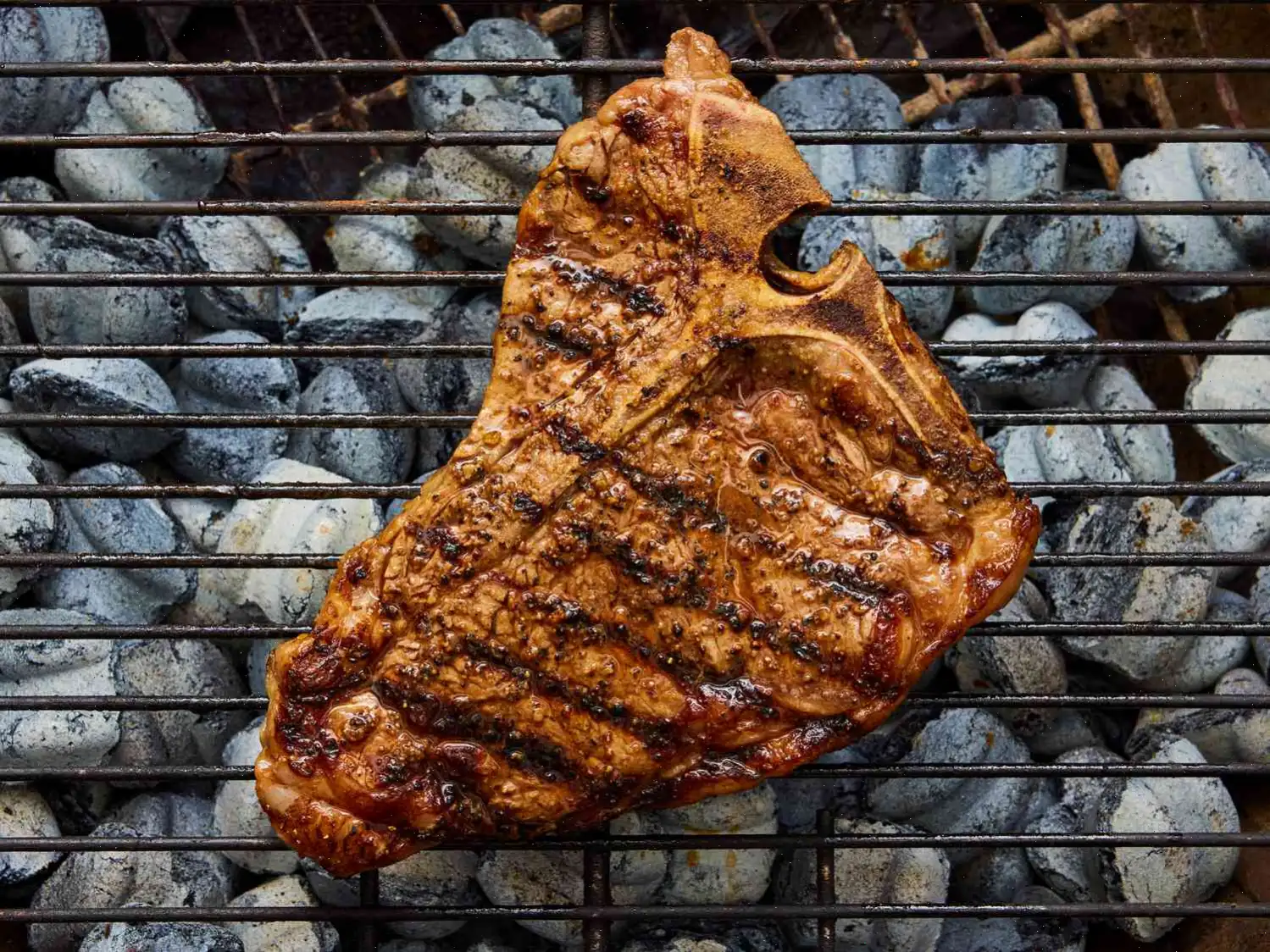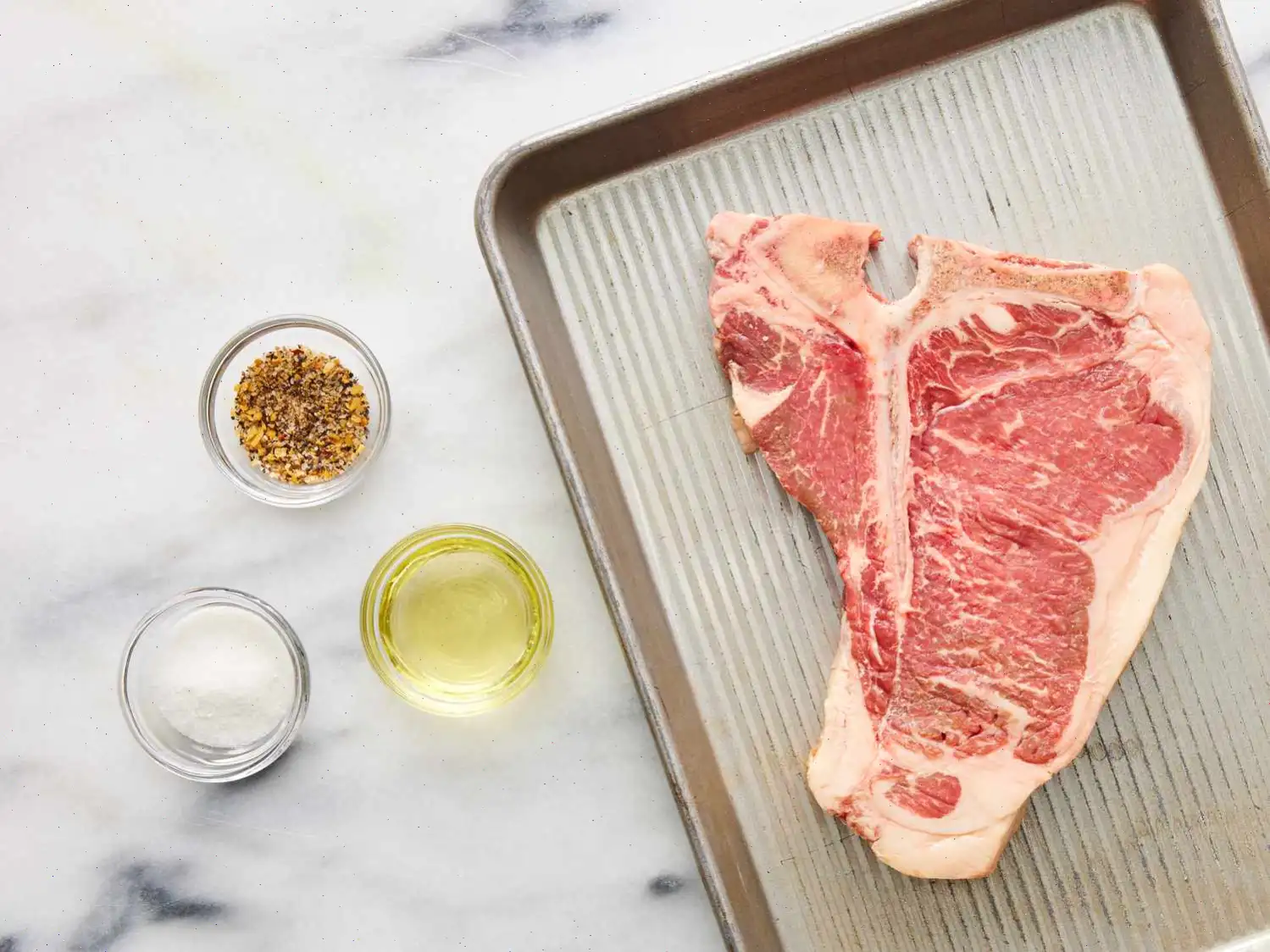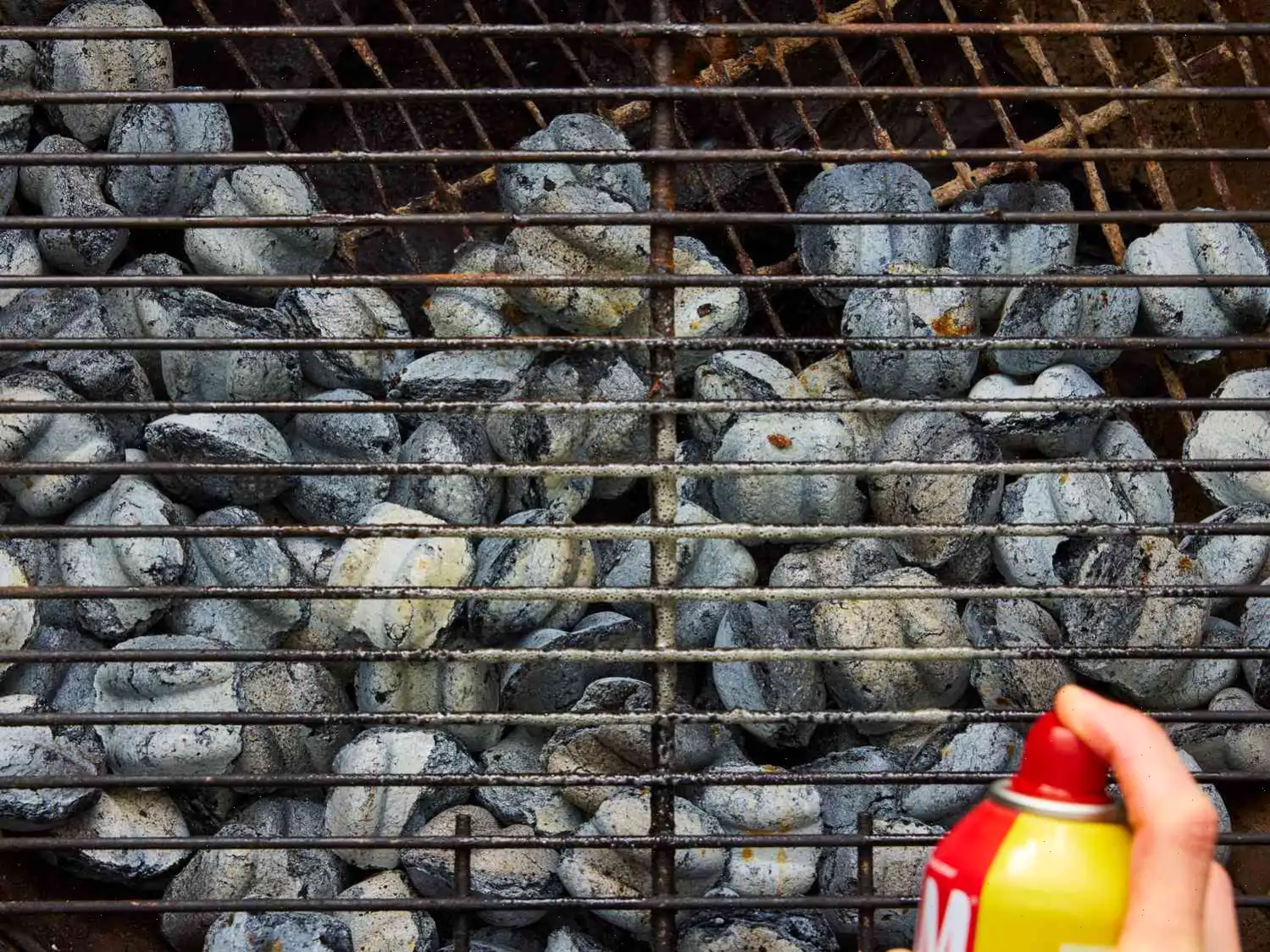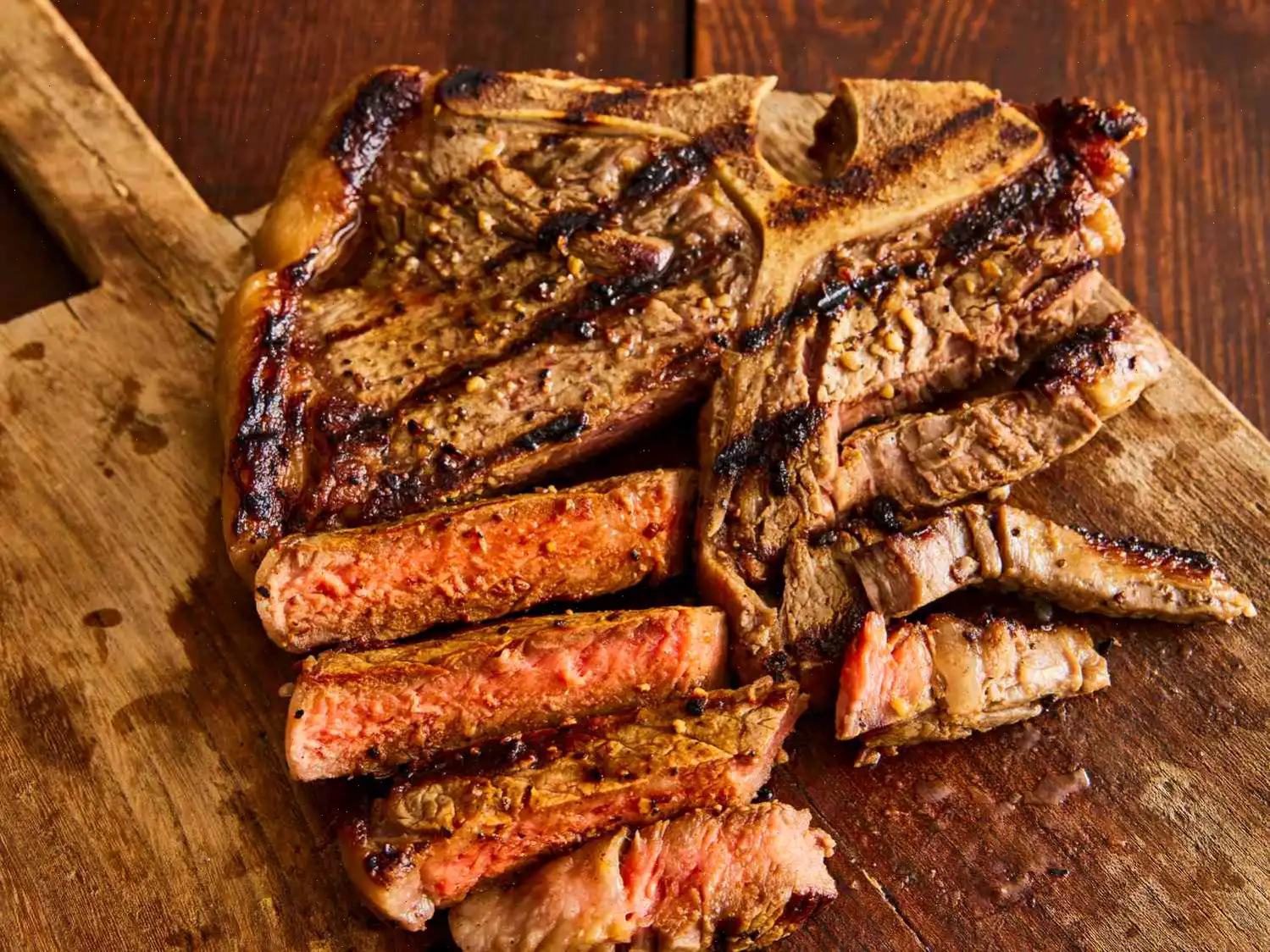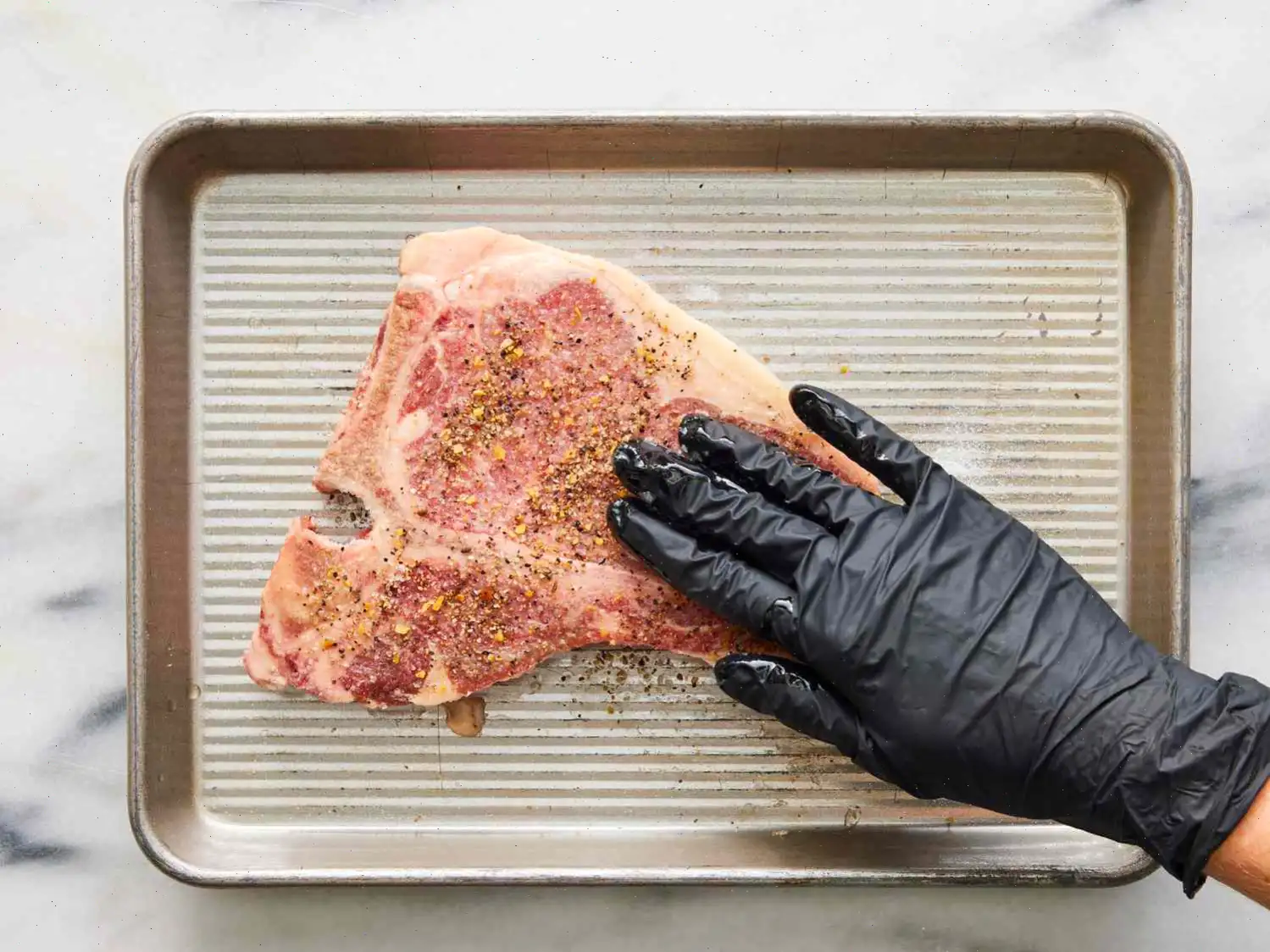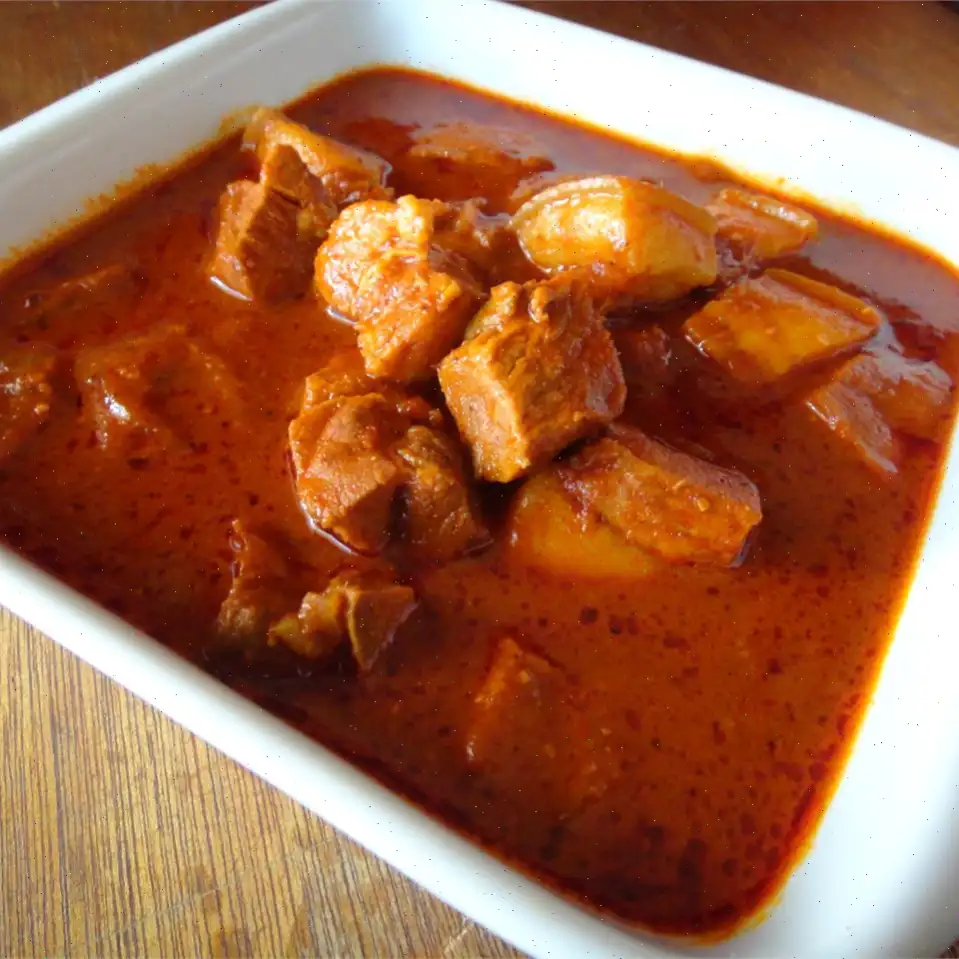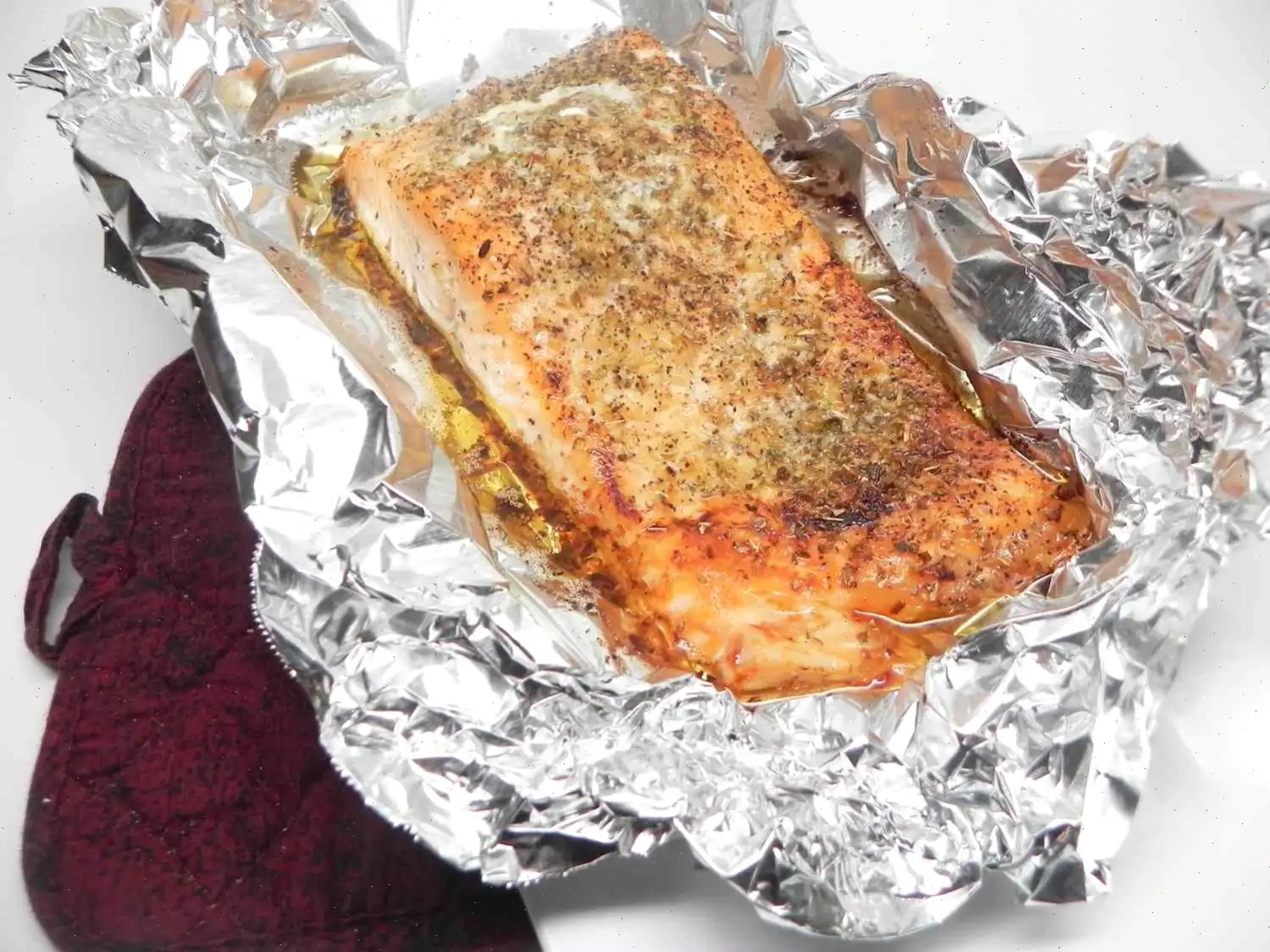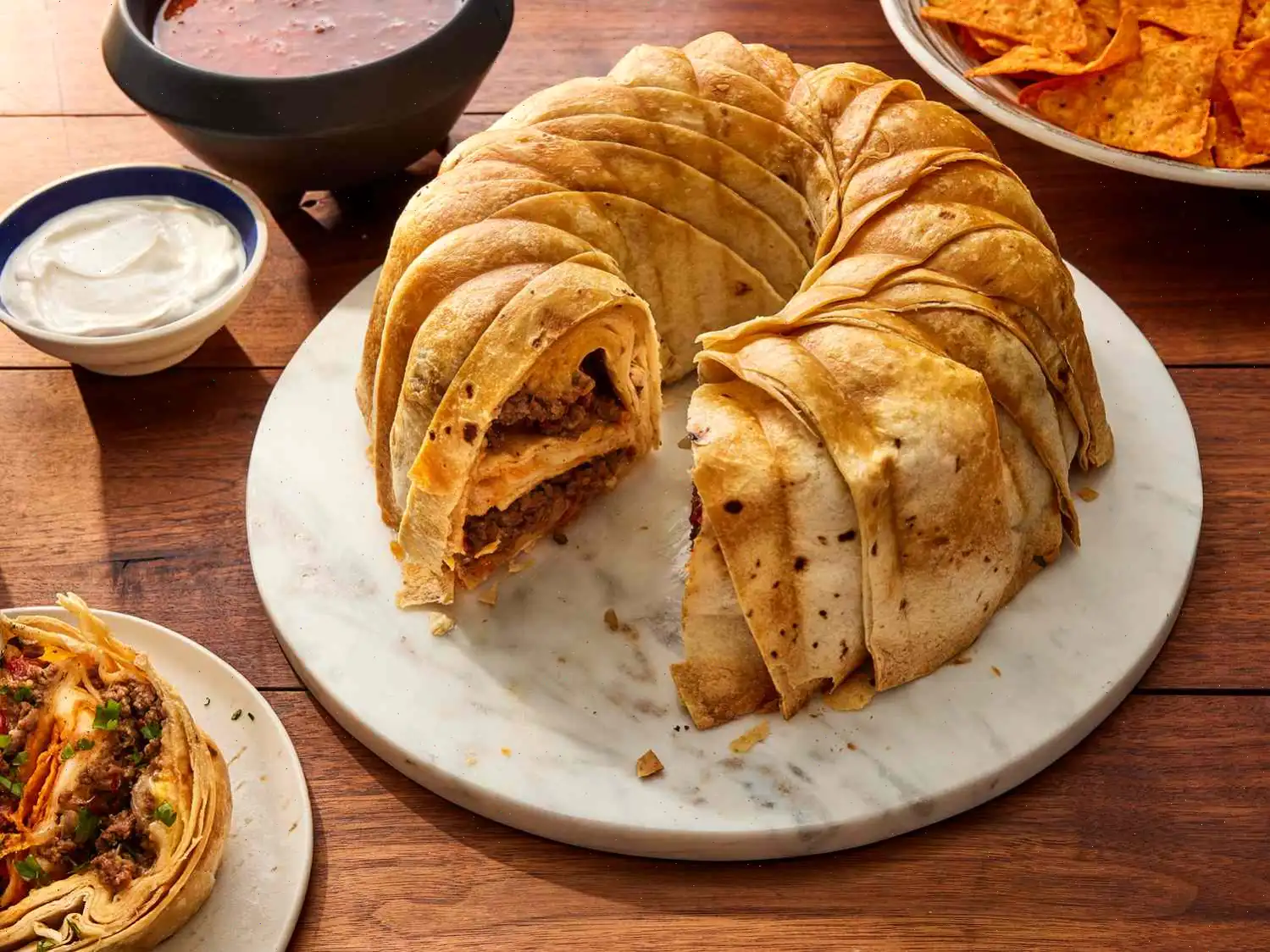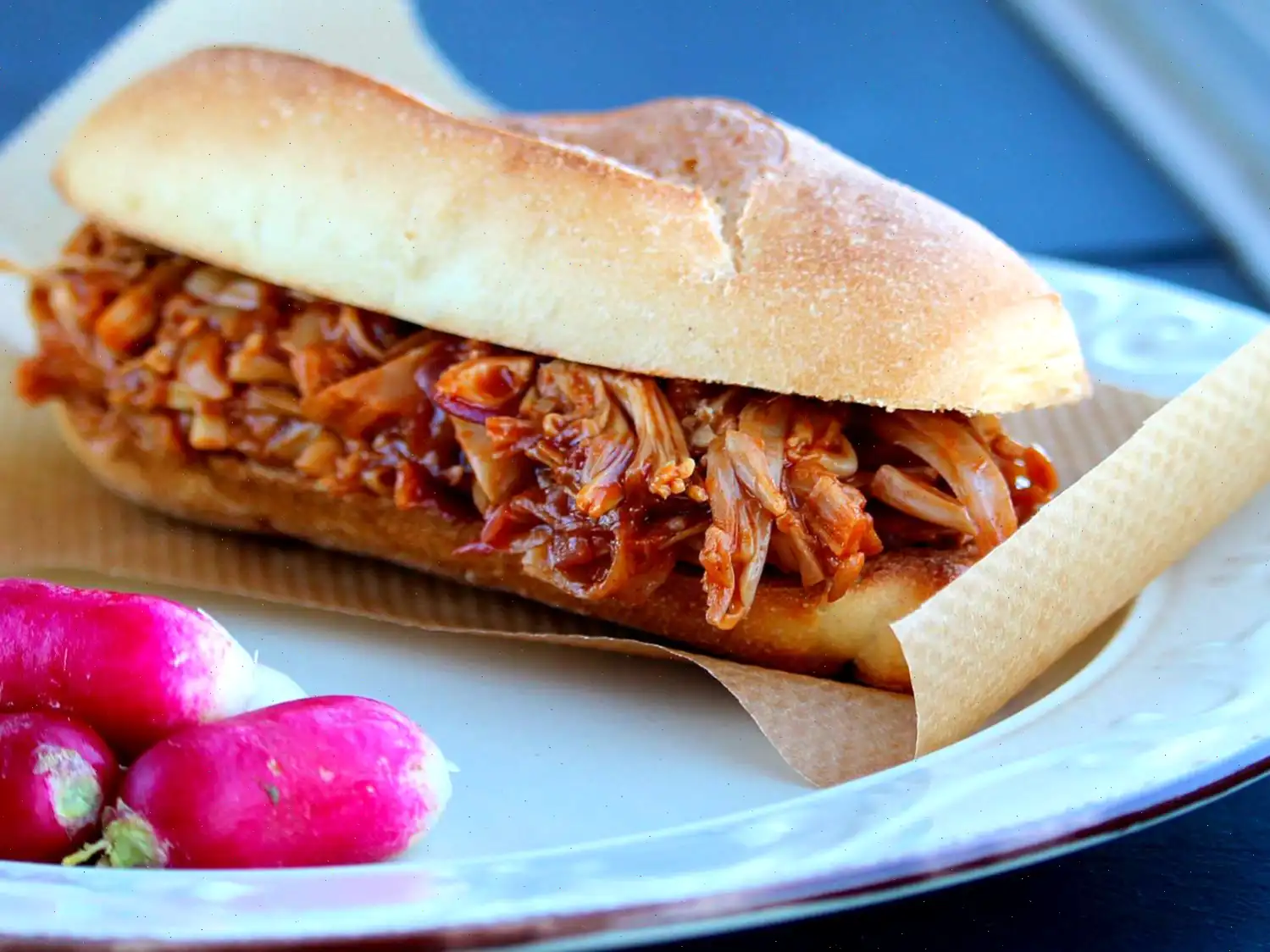
Perfect Porterhouse Steak Recipe
Ingredients
- 20 ounces porterhouse steak
- 1 teaspoon olive oil
- 1 tablespoon meat tenderizer
- 1 teaspoon steak seasoning
Directions
- Gather all ingredients.
- Place the steak onto a plate. Coat it with olive oil, then rub it with the meat tenderizer. Afterward, gently rub the steak with the steak seasoning.
- Cover the steak with plastic wrap and let it stand for 20 minutes to allow the flavors to absorb.
- Meanwhile, preheat your grill on high heat. Once it's hot, lightly oil the grate to prevent sticking.
- Place the steak on the preheated grill. Cook for 3 to 5 minutes per side, until the steak is hot, slightly pink in the center, and begins to firm up. Use an instant-read thermometer to check the internal temperature, which should read 140F (60C) for medium.
Nutrition Facts (per serving)
| Calories | 461 |
|---|---|
| Total Fat | 37g (47% DV) |
| Saturated Fat | 14g (68% DV) |
| Cholesterol | 94mg (31% DV) |
| Sodium | 1025mg (45% DV) |
| Protein | 27g (54% DV) |
| Calcium | 11mg (1% DV) |
| Iron | 3mg (18% DV) |
| Potassium | 313mg (7% DV) |
Note: Percent Daily Values are based on a 2,000 calorie diet. Your daily values may be higher or lower depending on your calorie needs.
If you follow a medically restricted diet, consult your doctor or dietitian before preparing this recipe.
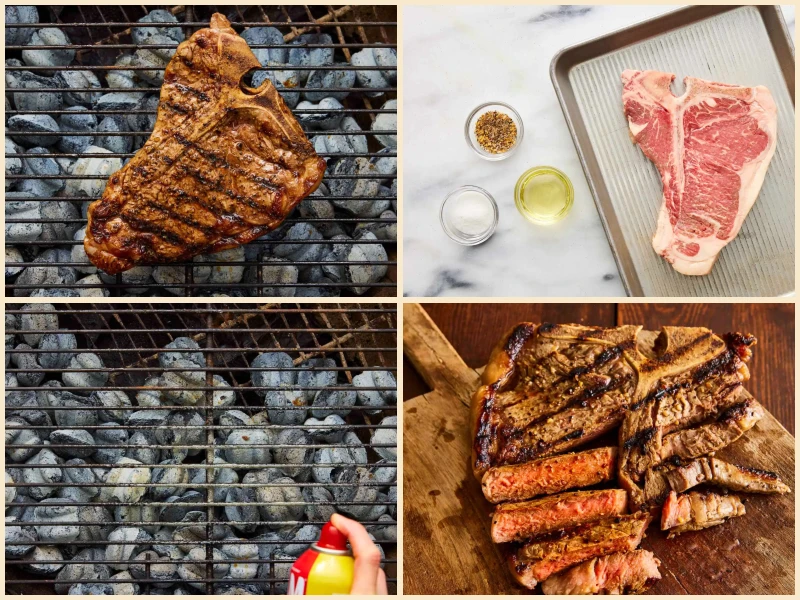
Porterhouse steak is a prized cut of beef, often regarded as one of the best steaks available due to its tender texture and robust flavor. This thick cut, taken from the rear end of the cow's short loin, offers both a strip steak and a tenderloin, making it a two-in-one cut that's perfect for steak lovers.
History of Porterhouse Steak
The Porterhouse steak is believed to have originated in the United States during the 19th century. Its name is commonly thought to derive from the Porter House restaurant in New York City, which became famous for serving this enormous, flavorful steak. The cut itself comes from the T-bone area of the cow, and the presence of both the strip and tenderloin sections gave diners a choice between two popular steak styles. The Porterhouse's association with high-end dining and hearty meals has made it an iconic American steak cut.
Regional Characteristics
While the Porterhouse is popular across the United States, its preparation and seasoning can vary by region. In the Southern U.S., the steak is often seasoned with a mixture of bold spices, while in the Midwest, it might be grilled with a simpler rub to highlight the meat's natural flavors. The way the steak is cookedwhether grilled, broiled, or pan-searedalso differs depending on regional preferences, but it is most commonly grilled over high heat to achieve a perfect sear.
Differences from Similar Dishes
Porterhouse steak is often compared to other cuts such as the T-bone steak or the New York strip. While both the T-bone and Porterhouse share a similar bone structure, the Porterhouse is cut from the rear of the short loin, meaning it has a larger portion of tenderloin. The T-bone, cut from the front part of the short loin, tends to have a smaller portion of tenderloin. Another notable difference is in the sizePorterhouse steaks are generally larger and thicker than T-bones, making them ideal for sharing or for a truly indulgent steak experience.
Where to Serve Porterhouse Steak
Porterhouse steak is often served at upscale steakhouses and is a popular choice for celebratory occasions, such as birthdays or anniversaries. Its impressive size and luxurious taste make it a favorite at special dinners. While it's a staple on restaurant menus, it can also be easily prepared at home on a grill, offering a restaurant-quality experience without leaving the comfort of your kitchen. In fact, many people enjoy serving it alongside traditional steakhouse sides like baked potatoes, creamed spinach, or a fresh salad.
Interesting Facts About Porterhouse Steak
- Did you know that a true Porterhouse steak must contain at least 1.25 inches of tenderloin on the bone side? If it contains less than that, its classified as a T-bone.
- The Porterhouse steak is often referred to as "The King of Steaks" because it offers the best of both worlds: the flavor of the strip steak and the tenderness of the filet mignon.
- Porterhouse steaks can weigh anywhere from 20 to 48 ounces, making them the perfect choice for a hearty, satisfying meal.
- Though it's a cut of meat traditionally associated with the United States, the Porterhouse has a long history in European cuisine as well. Similar cuts can be found in Italian bistecca alla fiorentina and the French Cte de Boeuf.
FAQ about Perfect Porterhouse Steak Recipe
Comments
Helen Anderson
09/22/2023 11:16:40 PM
I received high praise after preparing the steak: "This is the most delicious steak I've ever had!" Incredible! Here's my twist: I washed the steak, squeezed lemon juice over it, made some cuts with a knife, washed it again, and then poured 1/4 cup of French's Worcestershire sauce with extra tenderizer. I continued with the following steps, but cooked it on a Presto griddle. Absolutely phenomenal!
Kimberly Green
11/25/2023 10:15:20 AM
I mostly followed the recipe, tenderizing the meat with a meat tenderizer before adding oil and seasonings. I didn't have time to let it marinate, so we grilled it for 3-5 minutes on each side. After that, I transferred it to the oven in a deep pan for around 35 minutes at 275°F. The result was incredibly tender and juicy, and I even used the drippings to make a delicious gravy.
Elizabeth Campbell
08/26/2024 11:01:39 AM
I like to enhance my dishes by massaging them with soy sauce and habanero sauce instead of using regular seasonings. This gives a nice spicy kick and adds delicious flavor. If it's too spicy for your liking, a touch of butter brushed on before serving can help balance it out. Bon appétit!
Jennifer Sanchez
03/25/2023 04:44:38 PM
I highly recommend using garlic oil and Montreal steak seasoning for the most delicious grilled steak experience. Preheat your gas grill to 450 degrees Fahrenheit. To cook your steak perfectly, imagine your grill as a clock. Start by placing your steak at the one o'clock position and grill for ninety seconds. Then, turn it to the five o'clock position and cook for two and a half minutes. Flip the steak over and cook for an additional two to three minutes for a perfect medium-rare result. The end result is absolutely mouthwatering - yum yum!
Carol Nelson
08/26/2024 08:42:19 PM
Delicious steak with a flavorful spice rub.
Julie Davis
04/13/2023 10:36:03 PM
We prefer our steak to taste like steak without the need for steak seasoning, opting instead to add a touch of fresh ground pepper and/or garlic after grilling. We were pleased with the outcome of using olive oil in the cooking process. Additionally, porterhouse steak naturally does not require a meat tenderizer.


